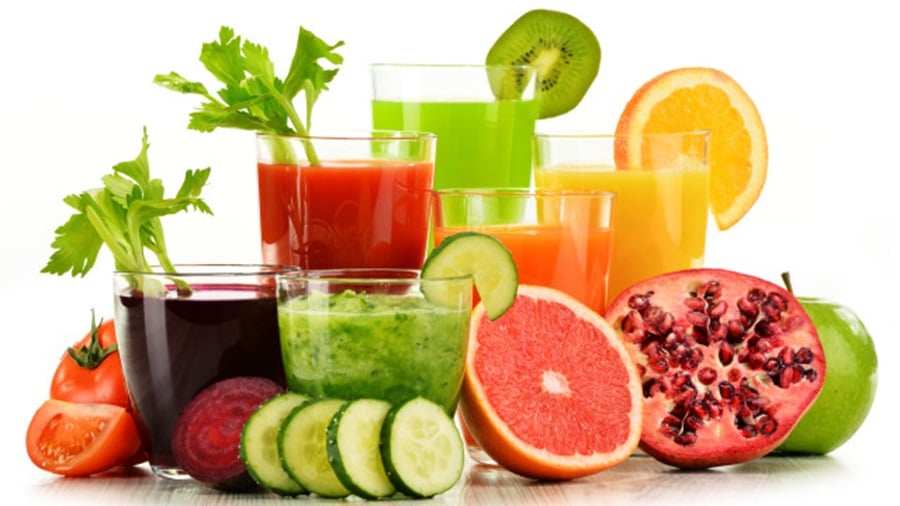Diabetes has rapidly emerged as one of the foremost public health challenges of the 21st century. With a growing number of individuals affected worldwide, understanding its root causes and possible interventions is essential. One of the most influential factors in managing, controlling, and even reversing diabetes symptoms lies in dietary choices. By being informed about what foods promote better blood sugar control and overall health, individuals can take proactive steps to mitigate the adverse effects of the disease and enhance their quality of life.
Contents
Eat More Fruits And Vegetables
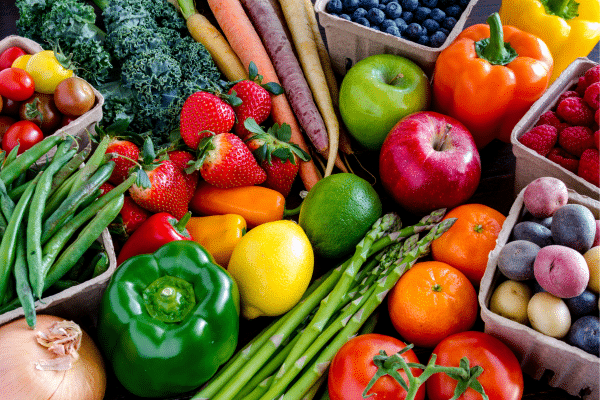
Fruits and vegetables serve as nutritional powerhouses, teeming with essential vitamins, minerals, and dietary fiber. These natural foods play a pivotal role in stabilizing blood sugar levels. For instance, the fiber found in them can slow the absorption of sugar, resulting in smoother blood sugar spikes and troughs. Moreover, these foods are usually low in calories and high in volume, making them excellent choices for those looking to manage their weight—a critical factor for those with diabetes.
Certain fruits and vegetables stand out as particularly beneficial for individuals with diabetes. Leafy greens such as spinach, kale, and chard are low in carbs but high in nutrients, ensuring minimal impact on blood sugar. Similarly, berries like blueberries and strawberries contain powerful antioxidants that combat inflammation and provide a low-glycemic fruit option. Consuming a variety of these foods ensures a balanced and beneficial diet that addresses the needs of those seeking to manage or reverse diabetic symptoms.
Avoid Processed Foods

Processed foods have become ubiquitous in modern diets but often come at a hidden health cost. Many of these products contain added sugars, unhealthy fats, and a plethora of additives and preservatives that can wreak havoc on blood sugar levels. When consumed frequently, these foods can lead to rapid spikes in glucose, stressing the body’s insulin response and exacerbating diabetes complications.
Furthermore, processed foods often have a diminished nutritional profile compared to their whole-food counterparts. The refining process can strip away essential nutrients, leaving behind empty calories that provide little satiety. For those with diabetes, making a conscious effort to limit the intake of heavily processed items and leaning towards whole foods can lead to improved blood sugar control, better overall health, and a reduced risk of diabetes-related complications.
Prioritize Protein Sources
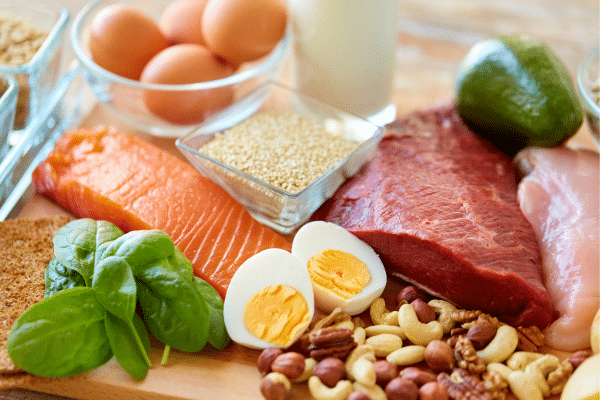
Protein is essential for numerous reasons, from building and repairing tissues to producing enzymes and hormones. For those with diabetes, protein offers another advantage: it doesn’t directly raise blood sugar. Consuming adequate protein can provide feelings of fullness, which can help curb overeating and the intake of excessive carbs. Lean meats, tofu, legumes, and nuts are just a few examples of healthy protein sources that can be integrated into a balanced diet.
However, it’s crucial to make informed choices about protein sources. While protein-rich foods are beneficial, some can come laden with unhealthy fats or excessive sodium. For example, processed meats like sausages and bacon might be high in protein, but they also contain elements that aren’t ideal for overall health, especially for those with diabetes. Opting for natural, unprocessed protein sources can contribute to better blood sugar control and overall health.
Stay Hydrated
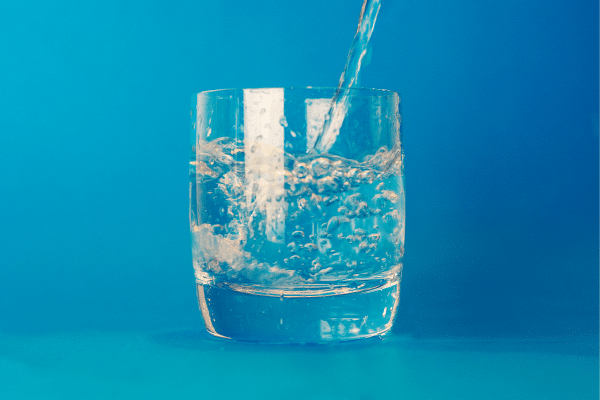
Proper hydration plays an indispensable role in a myriad of bodily functions, including the regulation of blood sugar levels. When adequately hydrated, the kidneys work more efficiently to flush out excess sugars through urine. Moreover, drinking water can aid in preventing overeating, as thirst is often mistaken for hunger, leading to the consumption of unnecessary calories which can affect blood glucose levels.
On the contrary, when one opts for sugary drinks over water, it can have detrimental effects. Beverages like sodas, sweetened teas, and certain fruit juices contain significant amounts of simple sugars. These can cause abrupt spikes in blood sugar, making it challenging for individuals with diabetes to maintain stable glucose levels. Emphasizing water as the primary source of hydration and reducing the intake of sugary beverages can be instrumental in managing diabetes effectively.
Opt For Whole Grains
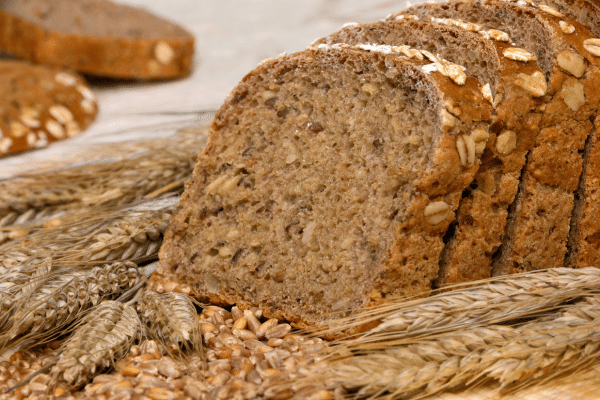
Whole grains, unlike their refined counterparts, retain all parts of the grain. This means they offer more fiber, vitamins, and minerals. Consuming whole grains can result in a slower, more steady release of glucose into the bloodstream, aiding in the maintenance of stable blood sugar levels. Examples of beneficial whole grains include quinoa, barley, and oatmeal.
On the other hand, refined grains, having been stripped of the bran and germ, lack much of the nutritional benefit of whole grains. The body can rapidly convert these refined grains into sugar, leading to quicker and higher blood sugar spikes. For those looking to manage or even reverse diabetic symptoms, a shift towards whole grains in the diet can be a transformative step.
Incorporate Healthy Fats
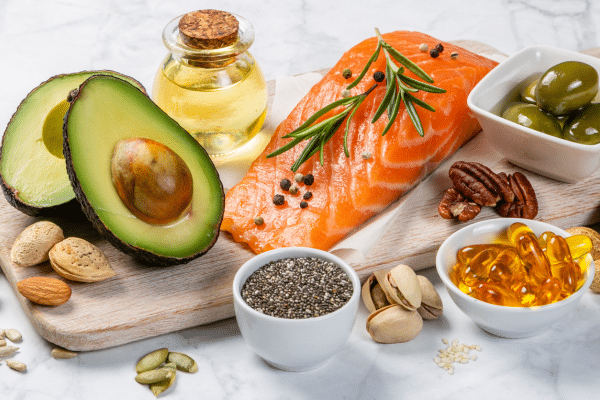
Not all fats are created equal. While trans fats and excessive saturated fats can contribute to health issues, certain fats can be beneficial. Omega-3 fatty acids, found in foods like salmon, flaxseeds, and walnuts, have been shown to reduce inflammation and improve heart health. They might also aid in insulin resistance, making them a worthy addition to a diabetic-friendly diet.
Unsaturated fats, found in avocados, olive oil, and certain nuts, can also offer health benefits. These fats can help lower bad cholesterol levels and provide nutrients essential for the body’s cells. Balancing the diet with these healthier fats while minimizing the intake of less healthy options can lead to better cardiovascular health and improved blood sugar management for individuals with diabetes.
Limit Sugary Drinks
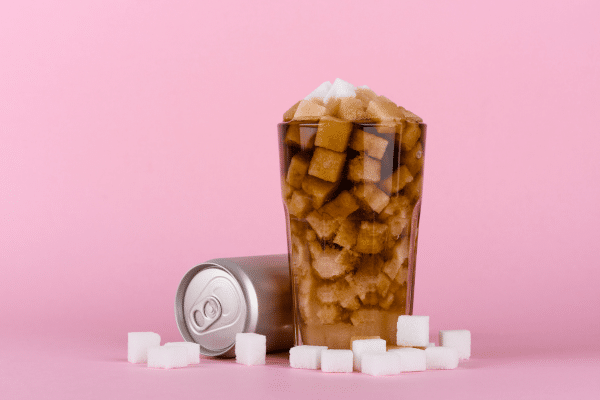
Sugary drinks, from sodas to certain flavored coffees, often contain alarming amounts of simple sugars. Upon consumption, these sugars quickly enter the bloodstream, causing a rapid rise in blood sugar levels. This can be particularly challenging for individuals with diabetes, as it puts undue stress on their body’s ability to regulate glucose, potentially exacerbating the condition.
Furthermore, regular consumption of these sugary beverages can lead to other health challenges. Weight gain, a risk factor for type 2 diabetes, is commonly associated with excessive intake of sweetened drinks. Additionally, the high-calorie content with little to no nutritional value often displaces healthier beverage choices, leading to a reduced intake of essential nutrients and hydration.
The Bottom Line
Diabetes, with its vast array of challenges, requires comprehensive strategies for management. Diet stands as one of the most influential tools in this endeavor. By making informed food choices, such as increasing the intake of fruits and vegetables, prioritizing whole foods, and limiting sugary drinks, individuals can substantially influence their diabetes trajectory. Adopting these dietary habits, coupled with regular consultation with health professionals, can lead to a healthier, more balanced life, even in the face of diabetes.


